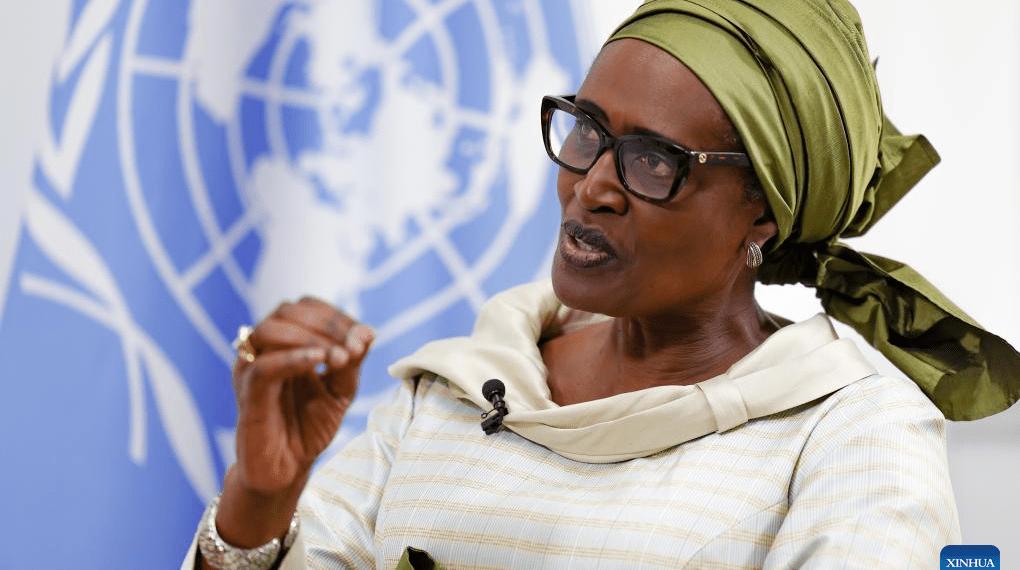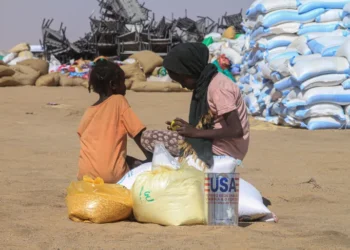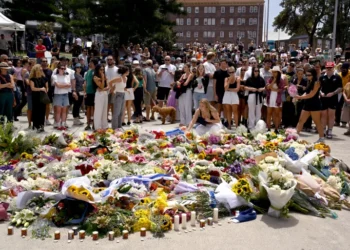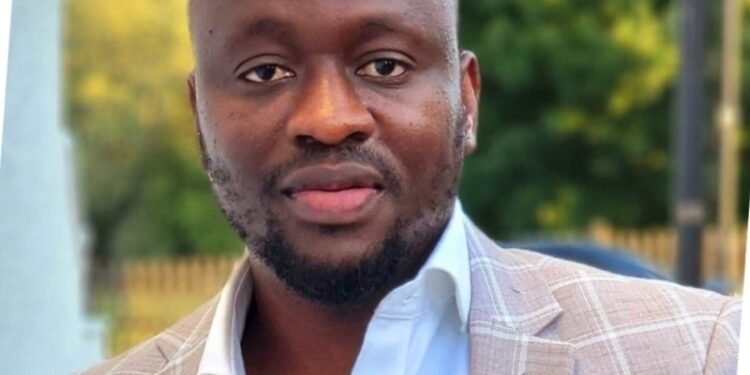The global fight against HIV/AIDS is at risk as the head of the United Nations AIDS agency warns that US Aid freeze could lead to a dramatic increase in infections and deaths.
UNAIDS Executive Director Winnie Byanyima cautioned that the number of new HIV infections could skyrocket by more than six times by 2029 if the United States pulls its support from the world’s largest AIDS relief program.
Byanyima highlighted that in recent years, HIV infections have been on a steady decline, with 1.3 million new cases recorded in 2023, marking a 60% reduction since the peak in 1995. However, the situation could soon reverse.
Following former U.S. President Donald Trump’s announcement of a 90-day freeze on all foreign assistance, UNAIDS estimates that by 2029, global HIV cases could rise to 8.7 million, AIDS-related deaths could surge tenfold to 6.3 million, and 3.4 million children could be orphaned.
“We will see a surge in this disease,” Byanyima stated from Uganda, emphasizing the gravity of the potential crisis. “This will cost lives if the American government doesn’t change its mind and maintain its leadership,” she added, while refraining from directly criticizing U.S. policy decisions.
Byanyima urged the Trump administration to reconsider the abrupt funding cuts, which she said have already led to “panic, fear and confusion” in African countries hardest hit by HIV/AIDS.
The loss of U.S. financial backing has resulted in immediate layoffs of HIV workers, severely disrupting healthcare services. In Kenya, 550 HIV workers were dismissed overnight, while in Ethiopia, thousands lost their jobs, leaving authorities unable to monitor or contain the epidemic.
The impact is particularly devastating in nations where HIV programs rely heavily on external aid, with U.S. contributions covering up to 90% of funding.
Byanyima noted that countries such as Uganda, Mozambique, and Tanzania receive nearly $400 million in American assistance for their HIV programs. “We can work with [the Americans] on how to decrease their contribution if they wish to decrease it,” Byanyima suggested.
She described the funding freeze as the most significant crisis in the fight against HIV since the early 2000s when lifesaving antiretroviral drugs were unavailable to poor nations.
US Aid Freeze Amid Medical Breakthroughs
The funding crisis comes at a crucial moment in HIV prevention efforts. Byanyima pointed to the introduction of “a magical prevention tool”—lenacapavir, a twice-yearly injection that offers complete protection against HIV in women and has demonstrated near-equal effectiveness for men.
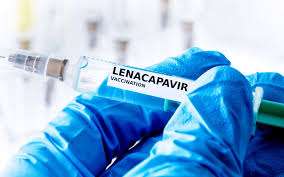
If widely distributed, lenacapavir could play a pivotal role in ending HIV as a major public health threat within the next five years.
However, Byanyima warned that without sustained funding, access to such medical breakthroughs would be jeopardized, particularly in the hardest-hit regions.
She also emphasized that lenacapavir, marketed as Sunlenca, was developed by the American pharmaceutical company Gilead.
She pointed out that international aid enabled the development of such drugs, ultimately benefiting both U.S. companies and global health initiatives. “We appeal to the U.S. government to review this, to understand that this is mutually beneficial,” Byanyima said.
She highlighted that foreign assistance accounts for less than 1% of the overall U.S. budget, questioning the logic behind such a disruptive move. “Why would you need to be so disruptive for that 1%?” she asked.
As the U.S. withdrawal looms, Byanyima is urging other nations to step up and fill the funding gap. However, she admitted that no major donors have yet committed to replacing American contributions. She plans to visit European capitals to discuss potential solutions with world leaders.
While European nations have expressed concern, they have yet to formally pledge additional support. “I have not yet heard of any European country committing to step in, but I know they are listening and trying to see where they can come in because they care about rights, about humanity.”
With millions of lives hanging in the balance, UNAIDS and global health experts continue to press for a reversal of the funding freeze before irreversible damage is done to HIV/AIDS prevention and treatment programs.
READ ALSO: NYA CEO Unveils Strategic Plan to Combat Youth Unemployment

